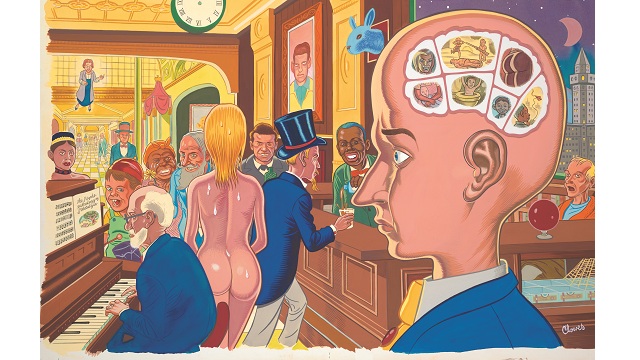Let’s Live Like Lobsters! (A Sensible Approach to Life Extension?)

Sign up for Big Think on Substack
The most surprising and impactful new stories delivered to your inbox every week, for free.
Here’s a quite engaging and very sensible interview with Bennett Foddy on the possibilities for and the ethics of life extension. I would put this philosophy professor in the moderately Cartesian camp. Fodder sees that what nature—as described by evolutionary science—wants is not always good for ME, and there’s no reason I should prefer what’s best for evolution (or what’s best for society) to what’s best for me. That’s not to say we can or should transcend the natural world in any decisive sense. Nobody what we do, natural death will be the fate of each of us eventually.
Foddy’s most instructive take-away points:
Sign up for Big Think on Substack
The most surprising and impactful new stories delivered to your inbox every week, for free.





